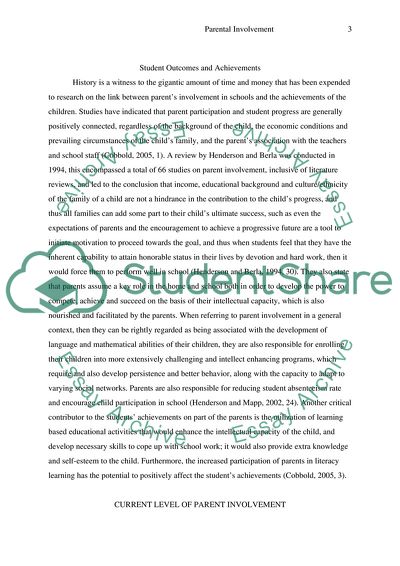Cite this document
(“Parental Involvement Improvement Plan Research Paper”, n.d.)
Parental Involvement Improvement Plan Research Paper. Retrieved from https://studentshare.org/education/1739765-plan-for-improving-parental-involvement
Parental Involvement Improvement Plan Research Paper. Retrieved from https://studentshare.org/education/1739765-plan-for-improving-parental-involvement
(Parental Involvement Improvement Plan Research Paper)
Parental Involvement Improvement Plan Research Paper. https://studentshare.org/education/1739765-plan-for-improving-parental-involvement.
Parental Involvement Improvement Plan Research Paper. https://studentshare.org/education/1739765-plan-for-improving-parental-involvement.
“Parental Involvement Improvement Plan Research Paper”, n.d. https://studentshare.org/education/1739765-plan-for-improving-parental-involvement.


